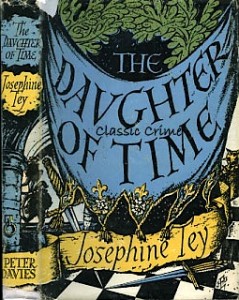
Rebecca—Daphne Du Maurier–1938–IP
I was surprised when I realized I hadn’t yet written a synopsis for this classic well-known title. Well-known if like me, you love Hitchcock and/or read mysteries. “Last night I dreamt I went to Manderley again” should be in the collective unconscious by now! If you’ve never read those lines, or heard Joan Fontaine speak them at the beginning of the film of the same name, you are among the few, and are in for a fantastic treat. Rebecca is titled for a dead woman, one that controls most of the action within the book–from the grave. A Gothic of the best form, it’s plot served as the outline for countless imitations to come. I think as a pre teen I may have read them all. The general plot line for those that try to capture the haunting lure of the original revolves around a woman meeting a mysterious handsome man and after a whirlwind romance of usually a week or so, hastily marries and is swiftly transported to a) the family manse, b) a castle on a cliff also the family manse, c) a terrifying hunk of a mansion, also the family manse, or d) a monstrosity of a house in a wilderness of the moors, sea cliff, or island, also the family manse. There his hostile family await, perhaps an ex-lover or two, a brooding brother, who may or may not be more handsome, and a housekeeper of seething emotions. And, most important, some former lover, or wife of the new husband has died mysteriously–perhaps at his hands!

